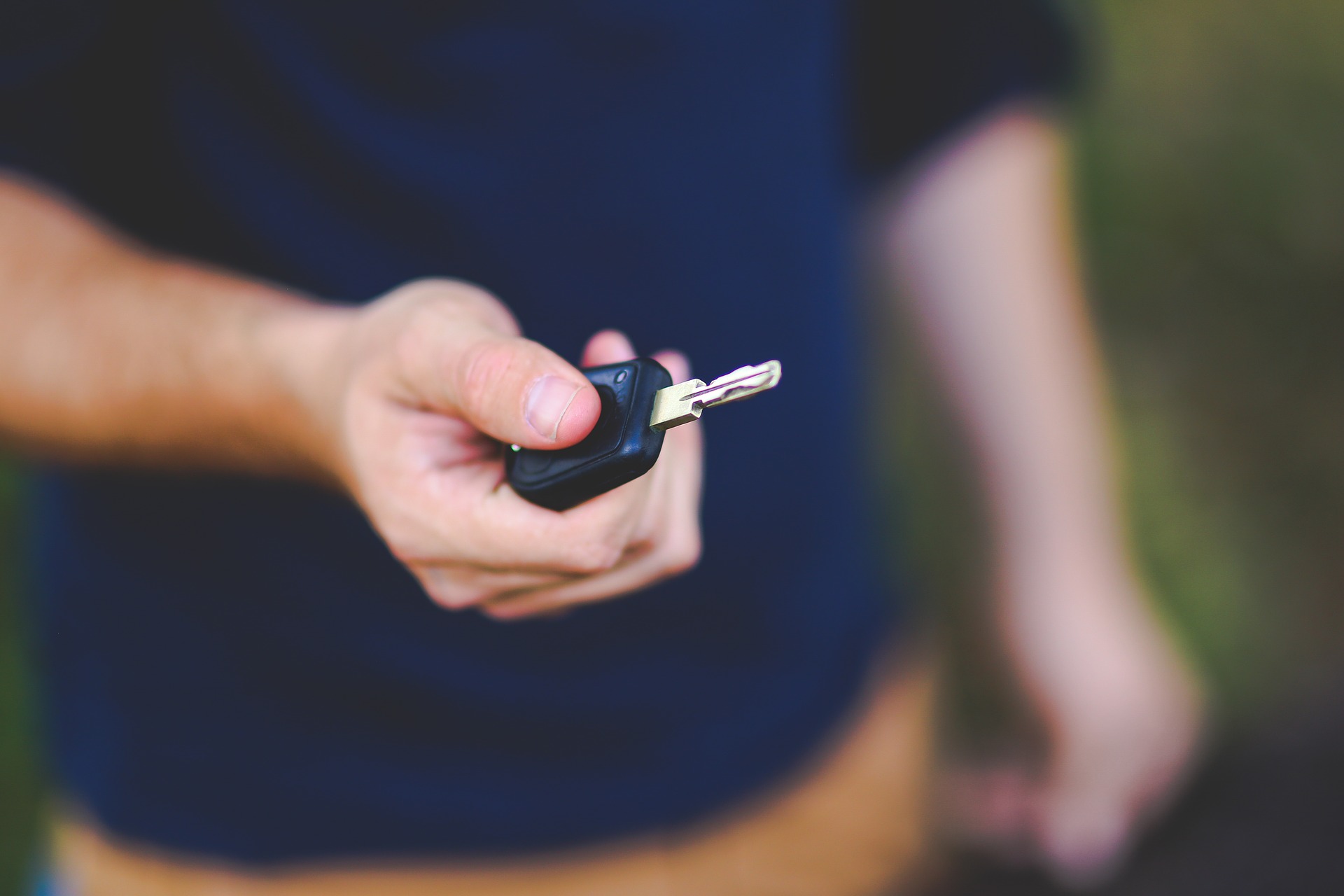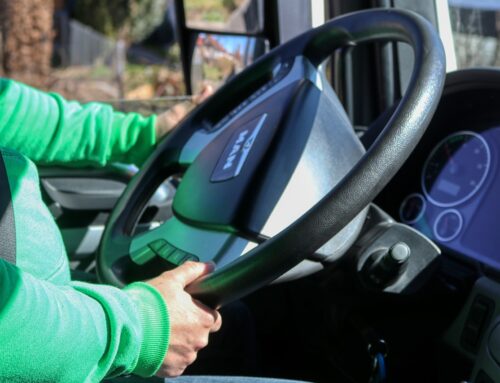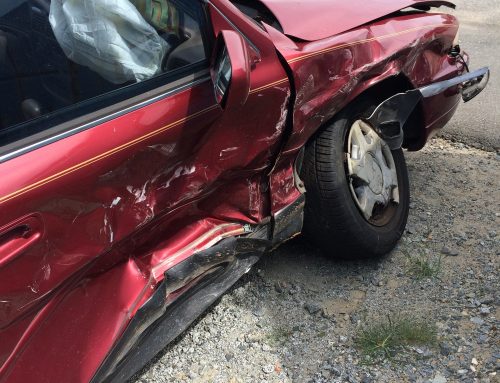It is a common scenario. A friend or family member needs to borrow your car and knowing them well – and trusting their driving skills – you agree to allow them to use your vehicle for the day. Unfortunately, accidents happen, and they do not discriminate depending on who owns the car. If someone borrowing your car is involved in a car accident, who is responsible for the damages to your car, to another party’s property, or any medical expenses which may result from this accident? Let’s take a look at accidents involving borrowed vehicles.
You Crashed My Car?
Although you’re doing a nice thing by letting an individual who is not listed on your insurance policy drive your vehicle, you need to consider the possibility of an accident taking place. Can you handle the financial responsibilities if they cause an accident while driving your car? If not, you might want to decline when they ask to borrow your car – as difficult as that may be.
After you allow someone to borrow your car and an accident occurs, you will probably be concerned about your personal liability. When your family member or friend was at fault for a car crash while operating your vehicle, the first element of legal issue will depend on whether or not they had permission to borrow your car. If the driver of the borrowed vehicles had permission to be driving the car, the situation is much less complicated. If the driver had not asked permission to drive the car, several other legal factors will be relevant.
If the driver in the borrowed vehicle was the at-fault party, they are still liable – even though they do not own the car. When law enforcement arrives at the scene of an accident, they will document who was actually driving the car – regardless of the name on the registration documents (which will be required for presentation at an accident.)
How does insurance come into play? In Florida, having personal injury protection is a requirement to drive a vehicle. The minimum coverage a vehicle owner is required to hold is ten thousand dollars, an amount entirely reserved to cover personal recovery. Generally, personal injury protection insurance reimburses up to 80% of medical expenses, up to 60% of lost wages, and nearly 100% of costs for temporary or permanent replacement services. A PIP insurance policy will also provide a death benefit of $5,000 if an injured party dies due to the injuries sustained in the accident, even if involving borrowed vehicles. All claims should be filed within two weeks of the accident’s occurrence. It protects the insured individual regardless of the vehicle she or he is driving. It could be an owned car, rented, or borrowed vehicle. The coverage is appropriate throughout the entire state of Florida.
Typically, your insurance coverage covers your vehicle. When you permit someone else to operate your car and they cause an accident, your insurance coverage would cover damage that occurs as a result of that accident. If the accident resulted in injuries and property damage that exceeds the coverage amounts, your friend’s insurance would most likely be used to cover the remainder of the expenses. Still, even though your friend or family member’s insurance policy might be used to eventually reimburse some injuries or damages, the policy for the borrowed vehicle will be utilized as the primary coverage for the accident.
If the driver of the borrowed vehicle doesn’t have insurance, the car’s owner might be responsible for all additional costs, which is why it’s essential to consider it carefully before allowing someone to borrow your vehicle.
It can be a difficult situation to file a claim against a friend or family member, but it may be necessary. If you need assistance or advice, call the professional personal injury lawyers at Probinsky & Cole. We have offices in Sarasota, Brandon, and Orlando – and we are here to help.








